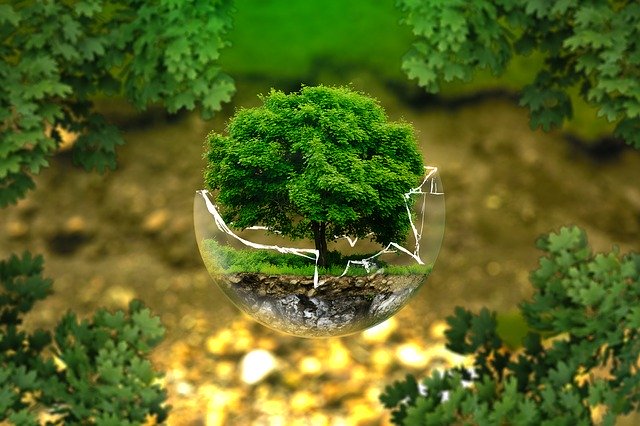Por Thomas Friedrich
¡El plancton come plástico!
Cuando vi este titular de una revista científica en el último año, me quedé asombrado. Esto suena tan asombroso. Una prueba, de que la naturaleza está adoptando el comportamiento o mal comportamiento de la humanidad.
Así que tal vez esta sea la solución a nuestro problema con la contaminación plástica en nuestros océanos. Pero no demasiado rápido. Porque los organismos de plancton son comidos por otros peces otra vez. Cuando el plancton consume desechos plásticos tóxicos, es probable que los animales que están más arriba en la cadena alimenticia también se contaminen.
Y nos estamos comiendo el pescado. Así que el plástico terminará en nuestro cuerpo de nuevo. La investigación científica del microplástico está todavía en sus inicios, pero ya hay muchos indicios y estudios sobre la mala influencia del plástico en nuestra salud y en el medio ambiente.
Pero el plástico no es malo en sí mismo. Hay muchos usos importantes de los plásticos, por ejemplo, en nuestro sistema de salud para la esterilización de herramientas médicas. Así que deberíamos preguntarnos, ¿qué tipos de plásticos son necesarios y cuáles deberíamos evitar?
En nuestra vida diaria usamos muchos tipos diferentes de plástico. Muchos de ellos podríamos evitarlos produciendo ese producto nosotros mismos o simplemente trayendo nuestro propio envoltorio, porque muchos plásticos sólo se utilizan para el transporte de mercancías.
Así que aquí hay algunas ideas para evitar los plásticos en nuestra vida diaria:
- Lleva tus propias bolsas al supermercado.
- No uses las pequeñas bolsas de plástico para las verduras y las frutas. Puedes poner la pegatina
directamente sobre la fruta o recogerlas en otro lugar para enseñárselas al cajero más tarde. - Evita los productos que están envueltos en muchos plásticos. Encuentra algunas alternativas.
- Ve a una tienda de comestibles, donde puedes rellenar tus propios contenedores.
- Produzca sus propios dulces o cosas para el cuidado personal. Por ejemplo, chocolate, jabón, pasta
de dientes y muchos más…
¡Hay muchas maneras de reducir el uso del plástico!
ENGLISH TRANSLATE
Avoiding Plastic
Plankton eat plastic! – When I saw this headline of a science magazine in the last year, I was astonished.
This sounds so amazing. A proof, that the nature is adopting to the behavior or misbehavior of the humanity. So maybe this will be the solution of our problem with the plastic pollution in our oceans.
But not to quick. Because the plankton organisms are eaten by other fish again. When plankton consume toxic plastic debris, it is likely that the animals higher up the food chain will also be contaminated.
And we are eating the fish. So the plastic will end up in our body again.
The scientific research of microplastic is still at the beginning, but there are already a lot of signs and studies for the bad influence from plastic for our health and environment.
But plastic is not evil itself. There are a lot of important uses of plastics, for example in our health system for sterilization of medical tools.
So we should ask ourselves, which types of plastics are necessary and which we should avoid?
In our daily lives we use a lot of different types of plastic. Many of them we could avoid by producing that product by ourselves or just bringing our own wrapping, because many plastics are just used for the transportation of goods.
So here are a few ideas for avoiding plastics in our daily lives:
- Bring your own bags with you to the supermarket.
- Do not use the tiny plastic bags for the vegetables and fruits. You can put the sticker directly on the fruit or collect them somewhere else to show them to the cashier later.
- Avoid products which are wrapped in a lot of plastics. Find some alternatives.
- Go to a grocery store, where you can refill your own containers.
- Produce your own sweets or things for personal care. For example chocolate, soap, toothpaste and many more….
Check out the links below to find some more information or start your own research. There are plenty of ways to reduce our use of plastic!

